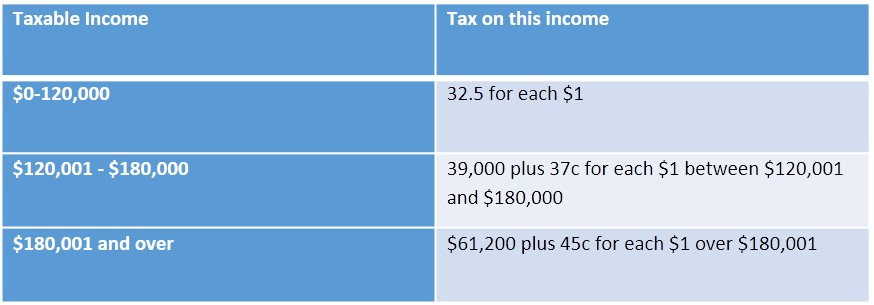How much tax does a Pty Ltd pay?
Introduction
Pty Ltd, short for Proprietary Limited, is a common business structure in Australia. It is a private company where the liability of shareholders is limited to their shares in the company. When it comes to taxation, Pty Ltd companies are subject to various taxes, both at the federal and state levels. In this article, we will explore the different taxes that a Pty Ltd may be liable for and how they are calculated. How much tax does a Pty Ltd pay?
1. Company Income Tax
Overview
Company income tax is the primary tax that a Pty Ltd is required to pay. It is levied on the company’s taxable income, which is the profit earned during the financial year after deducting allowable expenses and tax deductions.
Tax Rate
The tax rate for company income tax is determined by the Australian Taxation Office (ATO) and is subject to change. As of my last knowledge update in September 2021, the standard company tax rate for most companies was 30%. However, small businesses with an aggregated turnover of less than $50 million were eligible for a reduced tax rate of 27.5%.
Calculating Company Income Tax
To calculate the company income tax, the taxable income is multiplied by the applicable tax rate. For instance, if a Pty Ltd company had a taxable income of $500,000 and the tax rate was 30%, the company would need to pay $150,000 in income tax. However, it is essential to keep in mind that tax laws and rates may have changed since my last update, so it is advisable to check the current rates with the ATO.
2. Goods and Services Tax (GST)
Overview
In addition to income tax, a Pty Ltd may also be liable for Goods and Services Tax (GST). GST is a broad-based consumption tax of 10% on most goods, services, and other items sold or consumed in Australia.

How much tax does a Pty Ltd pay?
When is a Pty Ltd required to register for GST?
If a Pty Ltd company’s annual turnover reaches or exceeds $75,000, or if the business is a non-profit organization with a turnover of $150,000 or more, it must register for GST with the ATO. Once registered, the company must collect GST on taxable sales and remit the amount to the ATO periodically.
Claiming Input Tax Credits
One advantage of being registered for GST is that the company can claim input tax credits for the GST paid on business expenses. Input tax credits reduce the amount of GST the company owes to the ATO.
3. Payroll Tax
Overview
Payroll tax is a state-based tax imposed on the wages paid by a Pty Ltd company to its employees. Each state and territory in Australia has its payroll tax laws and rates.
Threshold and Rates
The payroll tax threshold varies between states and territories. If a Pty Ltd’s total Australian wages exceed the threshold amount, the company becomes liable to pay payroll tax. The tax rates are usually progressive, meaning the percentage of tax increases as the total Australian wages increase.
Exemptions and Deductions
Some states may provide exemptions or deductions for certain types of wages or businesses. It is essential to review the specific state’s payroll tax legislation to understand any applicable exemptions or deductions fully.
4. Fringe Benefits Tax (FBT)
Overview
If a Pty Ltd provides fringe benefits to its employees, such as company cars or private health insurance, the company may be liable for Fringe Benefits Tax (FBT).
Tax Rate
The FBT rate is usually aligned with the top individual tax rate, which may have changed since my last knowledge update. It is crucial to check the ATO website or consult a tax professional for the current FBT rate.
Calculating FBT
The FBT is generally calculated based on the taxable value of the fringe benefits provided to employees. For company tax return services see here.
Conclusion
Understanding the various taxes that a Pty Ltd company may be liable for is crucial for proper financial planning and compliance. Company income tax, GST, payroll tax, and fringe benefits tax are some of the significant taxes that a Pty Ltd must consider while conducting business operations in Australia. Keeping up to date with the latest tax laws and rates is essential, and seeking advice from tax professionals can help ensure accurate tax calculations and compliance with the Australian tax system.


